For the fifth consecutive year, FactCheck.org has won the Webby Award for political website from the International Academy of Digital Arts and Sciences, which honors excellence on the internet.
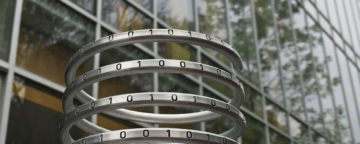

For the fifth consecutive year, FactCheck.org has won the Webby Award for political website from the International Academy of Digital Arts and Sciences, which honors excellence on the internet.
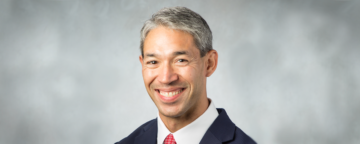
San Antonio Mayor Ron Nirenberg, a former policy center program director and a graduate of the Annenberg School for Communication, will talk about civic engagement at his alma mater.
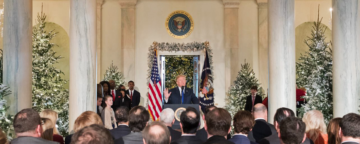
In his first year as President, Donald Trump monopolized FactCheck.org's list of "Whoppers of 2017," using "his bully pulpit and Twitter account to fuel conspiracy theories, level unsubstantiated accusations and issue easily debunked boasts about his accomplishments."
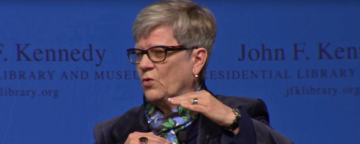
Kathleen Hall Jamieson discussed news, fake news, and lies during a panel on "Reality and Truth in Contemporary Journalism" at the John F. Kennedy Presidential Library and Museum.
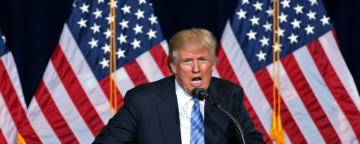
APPC director Kathleen Hall Jamieson and postdoctoral fellow Doron Taussig argue in Political Science Quarterly that President Donald J. Trump has forged a unique rhetorical signature that disrupts the norms of politics and discourse.
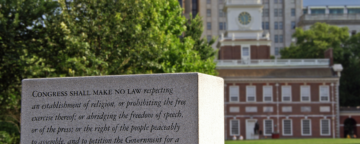
The Annenberg Public Policy Center's civics survey released for Constitution Day found that Americans lack knowledge of some basic constitutional issues, a fact that was of concern to media on many sides of the political spectrum.

Thousands of students across the United States will take the Preamble Challenge to celebrate Constitution Day this year and participate in naturalization ceremonies to swear in new U.S. citizens.
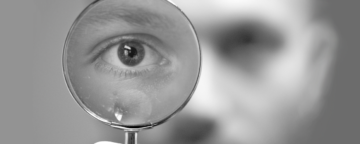
Detailed debunking messages are more effective than just labeling something as wrong, and debunking is more effective when an audience is engaged in helping to correct a message, according to a meta-analysis in Psychological Science.